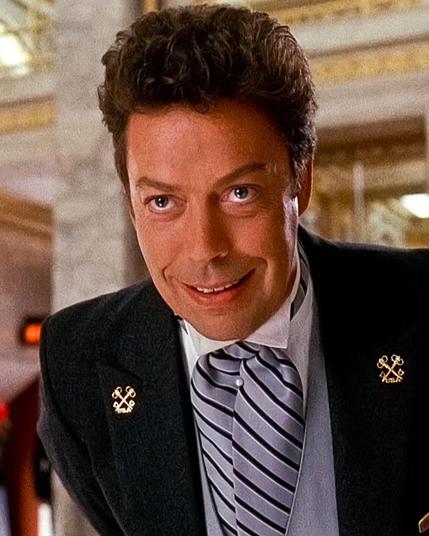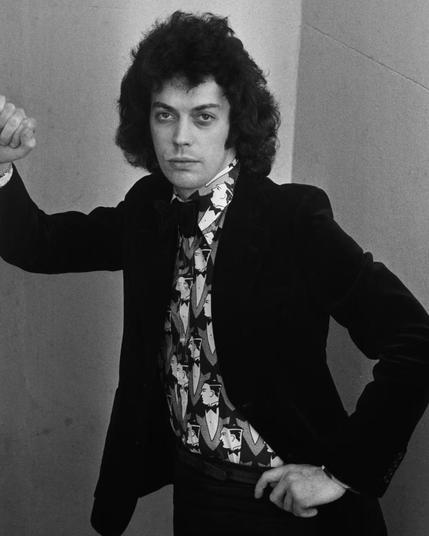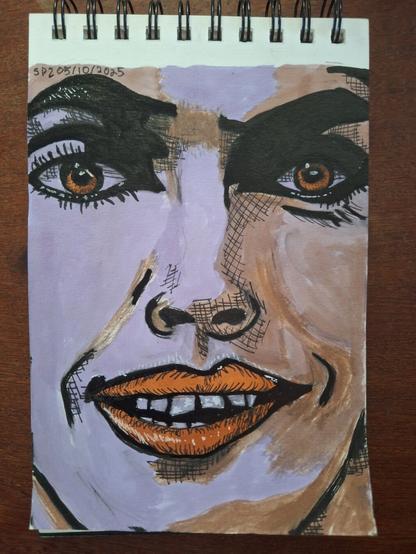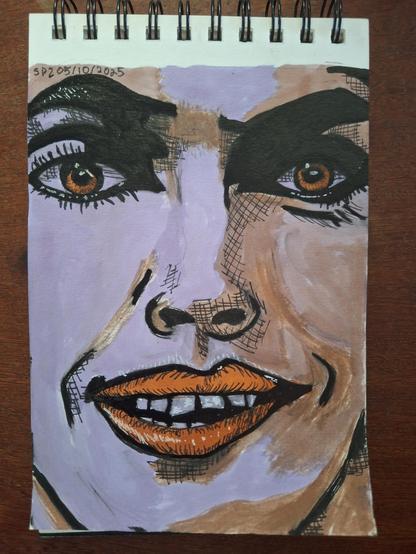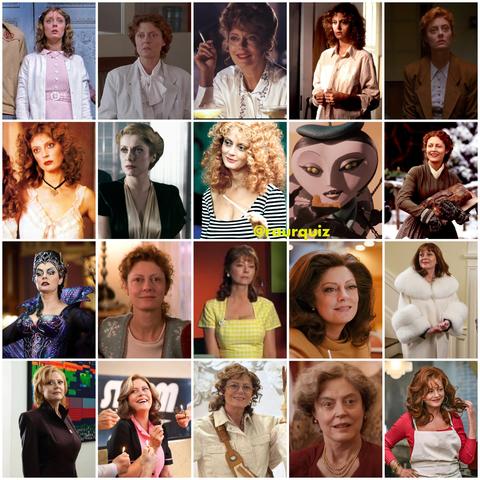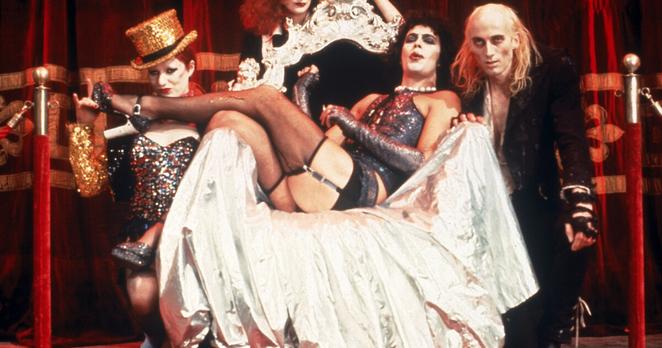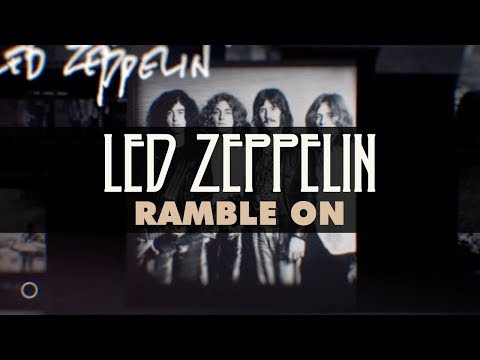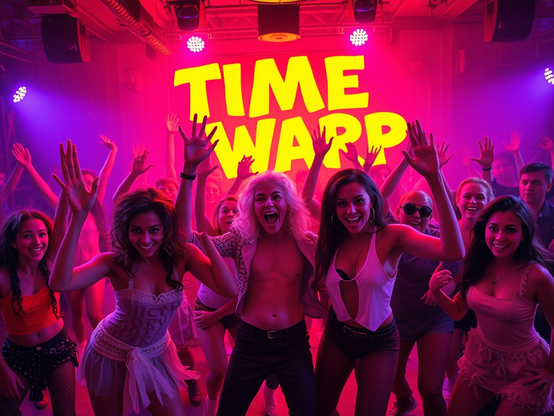‘Risky is the best way to be’: Tim Curry on sexuality, surviving a stroke – and 50 years of stardom – Tim Curry – The Guardian
Tim Curry – The big interview
‘Risky is the best way to be’: Tim Curry on sexuality, surviving a stroke – and 50 years of stardom
From Rocky Horror to the Muppets, Curry’s extraordinary career made him world-famous. Then, a stroke left him paralysed. The actor talks about his cocaine years, his friendship with David Bowie – and the moment his mother came at him with a knife.
By Chris Godfrey, Tue 14 Oct 2025 02.00 EDT
Curry in Home Alone 2: Lost in New York, 1992. Photograph: Landmark Media / Alamy‘It’s difficult not to see it as a kind of finale,” says Tim Curry of his memoir, Vagabond. That he’s written it at all is a surprise. Curry has always liked the comfort of privacy – my efforts to persuade him to do an interview with the Guardian began more than five years ago. At 79, he still prefers looking forward, too, which is how he has covered so much ground in his career.
Boundless energy has been the actor’s hallmark. He once exerted so much while filming the murder mystery comedy Clue – in which he plays the frantic, sharp-tongued butler Wadsworth – that a nurse who took his blood pressure on set told him he was at risk of having a heart attack.
His most famous screen role remains his 1975 breakthrough, as The Rocky Horror Picture Show’s perplexing sex symbol, Dr Frank-N-Furter. But he has played many irresistible villains; for me, he will always be Pennywise the clown from the terrifying 1990 miniseries of Stephen King’s It. His stage performances in The Pirates of Penzance in 1982 and Spamalot in 2007 were both nominated for Olivier awards. And he has voiced dozens of characters, endearing himself to a generation of millennials as explorer Nigel Thornberry in the cartoon classic The Wild Thornberrys.
Whatever the role, Curry oozes heart and joie de vivre, his grin dancing between menace and joy. Has any actor ever had more fun than he did as Long John Silver in Muppet Treasure Island?
“I’m very aware that I’m lucky,” he says. “I’m astonished actually at how ambitious I’ve been. I didn’t think of myself as ambitious at all.”
Comedy has been important for him as a performer. But more recently it’s become a “coping mechanism”, too. In 2012, at 67, he had a severe stroke, leaving his left side paralysed. He is grateful that he didn’t lose his speech. Making other people laugh is clearly a thrill for him – his conversation is full of cutting remarks, punchlines and exemplary voice work. How did his stroke change his outlook on life? “The day before I had the stroke, I smoked three packs of Marlboro Reds,” he says. “I won’t be doing that again!”
Between the stroke and the pandemic, Curry had what he describes as “an appalling amount of time to reflect”. Vagabond is the result, a witty page-turner, full of life. Come for the career, stay for the celebrity encounters: impromptu dinners with David Bowie after stage performances of The Rocky Horror Show; working through bowls of cocaine at Studio 54 with Truman Capote and Andy Warhol (Carly Simon, also present, did not partake); and a hilariously catty encounter with Donald Trump on the set of Home Alone 2: Lost in New York (we’ll get to that, don’t worry).
There are omissions. Affairs of the heart or bedroom, he writes, “are – respectfully – none of your fucking business”.
“I tried to be as absolutely truthful as possible,” he says. “I couldn’t see the point of doing it otherwise, really. It gave me energy, I must say. That was great. It was partly, I think, the energy of a new playground.”
Curry is a self-confessed showoff. When he was a child, he says, his chuckle revving up, “it sounds awful, but I thought I kind of had it, and I was just waiting to be discovered”. His father was a chaplain in the Royal Navy, and his earliest memories are of singing in the choir at church services. The music was good – “the Methodist hymn book has got some cracking tunes” – but the admiration his performances inspired was just as appealing.
He was a precocious voice artist. His mother had spent time living in the US and would delight Curry by launching into a thick New York accent. It didn’t take him long to nail it himself and to develop his own repertoire of accents, which he’d deploy to try to make her laugh. After mastering the voice of a local grocer, he would sneak out and knock on the front door, announcing himself from behind it with some great flattery for her, much to her fury when she realised she’d been fooled.
Tim Curry (from article, no credit visible)…Curry was born in 1946, in Cheshire,and lived the nomadic life of a military brat. Every 18 months or so, the Curry family (his mother, father and beloved older sister, Judy) would move to a different British seaside town, before settling in Plymouth when Curry was 11.This peripatetic lifestyle made it difficult for him to foster friendships, but he remembers it fondly. It gave him a lasting adoration of the coast (“the sea is terribly important to me. The British sea anyway. The colder the better”) and set him up for a life of moving from place to place, never getting too attached (hence, his book’s title, Vagabond). He never felt lonely, especially at home. “There was no lack of personality in the house. So you had to fight for air, you know?”
Curry adored his father, who he describes as a good Christian man – empathetic, selfless – who wanted to do good and who never imposed his faith on his children.
Was he ever tempted to follow his father into the ministry? “No, not at all.” Did any of the principles seep in? “I’m not particularly God-fearing, but I respect it very much. I think the values did, because Methodists are encouraged to live life simply and see it simply. And I think I’ve pretty much kept to that.”
When Curry was 11, his father had a stroke. Weeks later, while being treated in hospital, he contracted pneumonia and died. “It was kind of oddly way too dramatic,” says Curry. “I didn’t know how to behave really, because I knew it was going to be incredibly formative.”
Curry’s father was 49. “A baby,” he says. “I couldn’t reconcile it as being the truth.” He tried to support his mother and be the man of the house, “but it wasn’t a very convincing portrayal, I believe. Nobody was buying it.”
After his father died, his mother became irritable – volatile, even. She could be cruel (she found the idea of her daughter dating hilarious, Curry writes, as she didn’t think his sister Judy was pretty) and frightening. “I’m being a bit cautious about this, because I did in the first draft include a very brief passage where she came at me with a knife in the kitchen,” he says. “I think she was actually bipolar because she could just explode.” Curry processed his fear of his mother through his work: her expressions of rage manifested in Pennywise and Cardinal Richelieu in the Three Musketeers; as Dr Frank-N-Furter, he thought of her as he emerged from a refrigerator wielding the axe with which he’d just murdered Meat Loaf.
Rage manifested … as Cardinal Richelieu in the Three Musketeers in 1993.Photograph: Disney / Allstar
Curry went away to boarding school on a scholarship, when he was 10 – “brutally early”, he writes – where he was targeted by bullies due to his boisterous demeanour, disregard for authority and eccentric interests (he collected butterflies). Not to mention what he describes as his best weapon: the English language. “I had a smart mouth, you know, and I used to have to pay for it quite often.” But he found allies in some teachers and choirmasters, who fostered his love of music and theatre.
Continue/Read Original Article Here: ‘Risky is the best way to be’: Tim Curry on sexuality, surviving a stroke – and 50 years of stardom | Tim Curry | The Guardian
#2025 #50YearsOfStardom #America #Books #Cocaine #DavidBowie #Film #Films #FrankNFurter #History #HomeAlone2 #IT #Libraries #Library #Movies #Muppets #ScienceFiction #Sexuality #Stroke #Television #TheGuardian #TheRockyHorrorPictureShow #TheThreeMusketeers #TimCurry #UnitedStates #VagabondBook_ #YouTube
